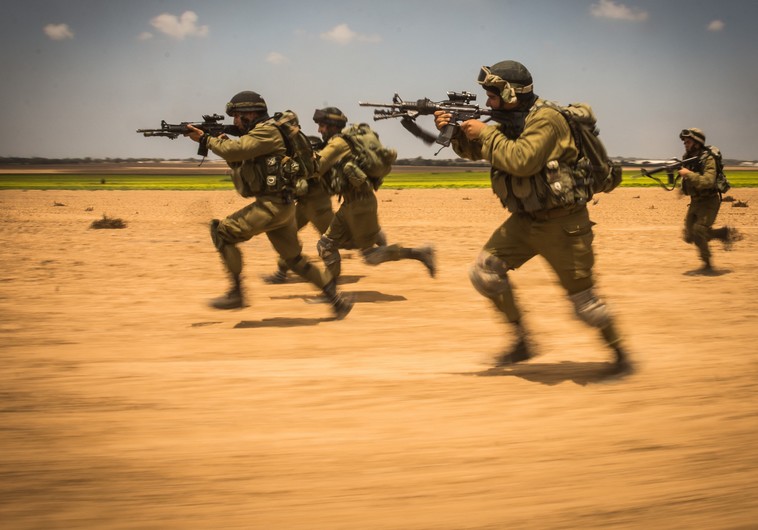'Asking soldiers to write farewell letters before Gaza war lowered morale'
IDF Soldiers' Complaints Commissioner releases annual report, criticizes physical and verbal abuse of soldiers by their commanders.
 IDF soldiers storm a target during the ground incursion into GazaUpdated:
IDF soldiers storm a target during the ground incursion into GazaUpdated: